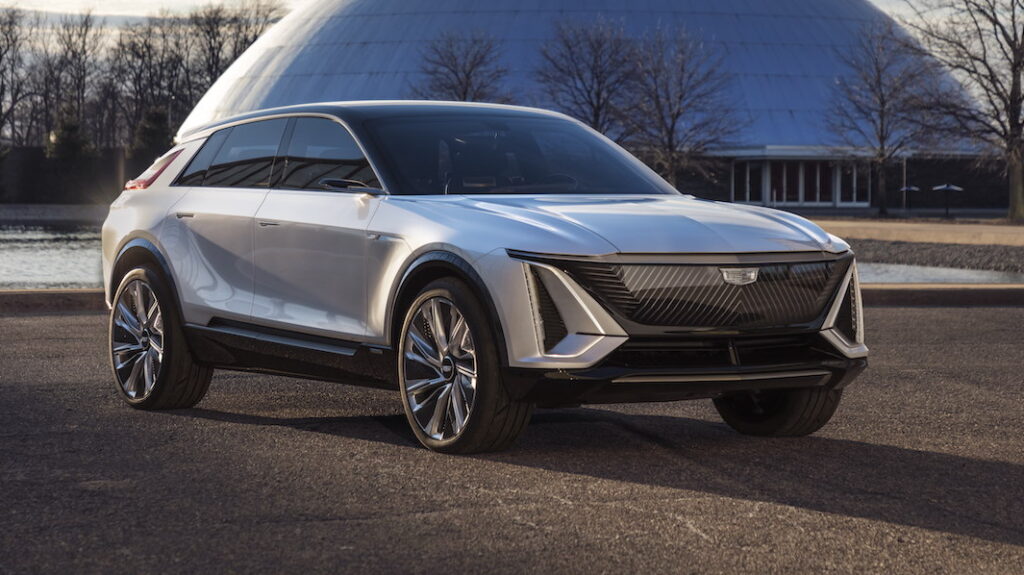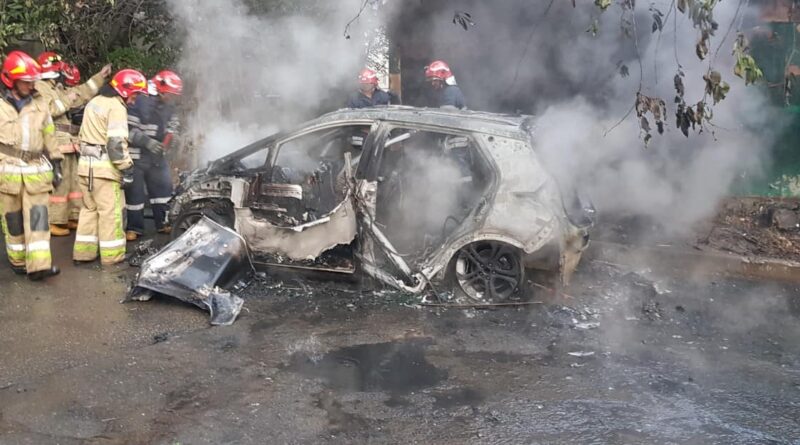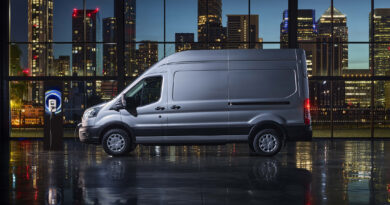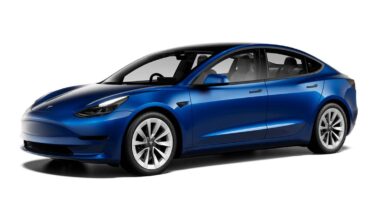General Motors’ EV gamble faces fire crisis amid battery recall
American automotive giant General Motors’ massively ambitious gamble to become a dominant global EV player is close to crisis.
GM is not only facing consumer backlash over the recall of its fire-prone Chevrolet Bolt small BEV, but is also grappling with battery supplier LG Energy Solutions over who will pay for the hugely expensive exercise.
The problem with all this is GM and LG are deeply intertwined in the development of the new Ultium battery tech GM will use to launch an enormous wave of EVs that the company has invested its future in, starting with this year’s Cadillac Lyriq and also including the born-again off-road brand Hummer.
READ MORE: From Holden to Hummer: General Motors’ electric transformation
READ MORE: Better batteries, app updates for Chevrolet, Cadillac and Hummer EVs
READ MORE: Hummer EV revealed: 745kW truck prioritises tech and off-road ability
READ MORE: How the Camaro muscle car could drop a V8 in favour of an EV
READ MORE: Zora, E-Ray point to electric future for Chevrolet Corvette
In August, GM issued a recall that meant all 142,000 Bolt hatchbacks and SUVs built since its launch in 2017 would have modules replaced in their 60kWh lithium-ion battery packs at a cost of US$1.8 billion ($2.5 billion).
GM has made clear it expects LG to reimburse a significant amount of the cost of what it dubs “battery manufacturing defects”. US media reports estimate that sum at around US$1 billion ($1.4 billion).
LG Energy, which separated from LG Chem last year and is planning a stock market float, has in turn said the cost of the recall will be split based on a joint-investigation of the cause of the issue.
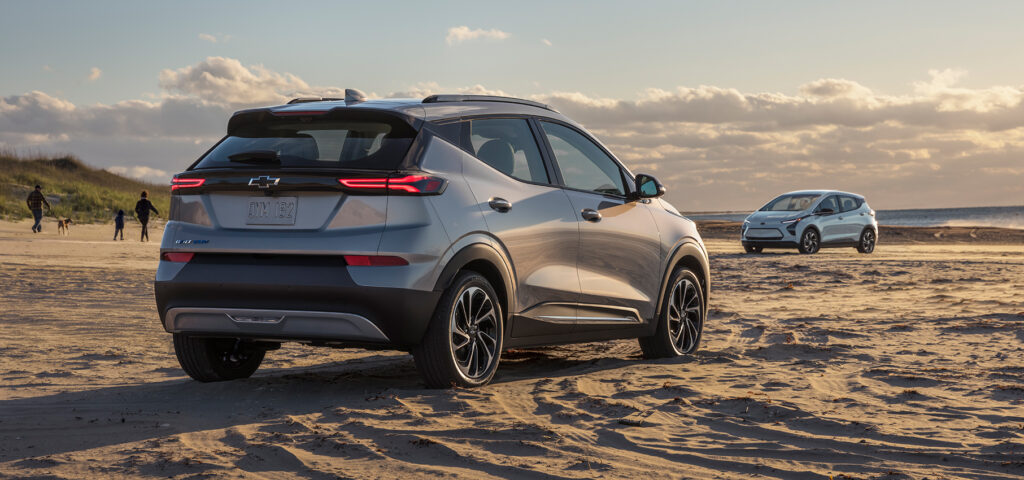
In a recent media interview GM CEO Mary Barra effectively put LG on notice about their future business relationship.
“We have multiple pathways with battery technology to make sure we’re going to have a leadership position,” Barra told Bloomberg. “The flexibility that’s been designed into the Ultium platform is many different chemistries can be introduced.”
But in the same interview Barra showed how delicate the situation is, expressing a desire to maintain the LG relationship, which began with the Volt PHEV that launched in 2010 (that car also sold as the Holden Volt in Australia for a short time).
“With our joint venture with LG, who is a valued partner, we’re going to be able to combine their expertise with our expertise, so I have a lot of confidence in our Ultium platform,” Barra told Bloomberg.
Respected US auto analyst John McElroy had a simple assessment. He said GM had “thrown LG under the bus”.
“Essentially, what they are saying is until LG gets its quality act together we are not going forward,” he said on Autoline After Hours.
“It sounds to me like they are going to hand the bill for this recall to LG … I would not want to be in LG’s shoes right now.
“It shows how serious it is that GM is doing everything it can to blame its supplier so people don’t think it is at fault.”
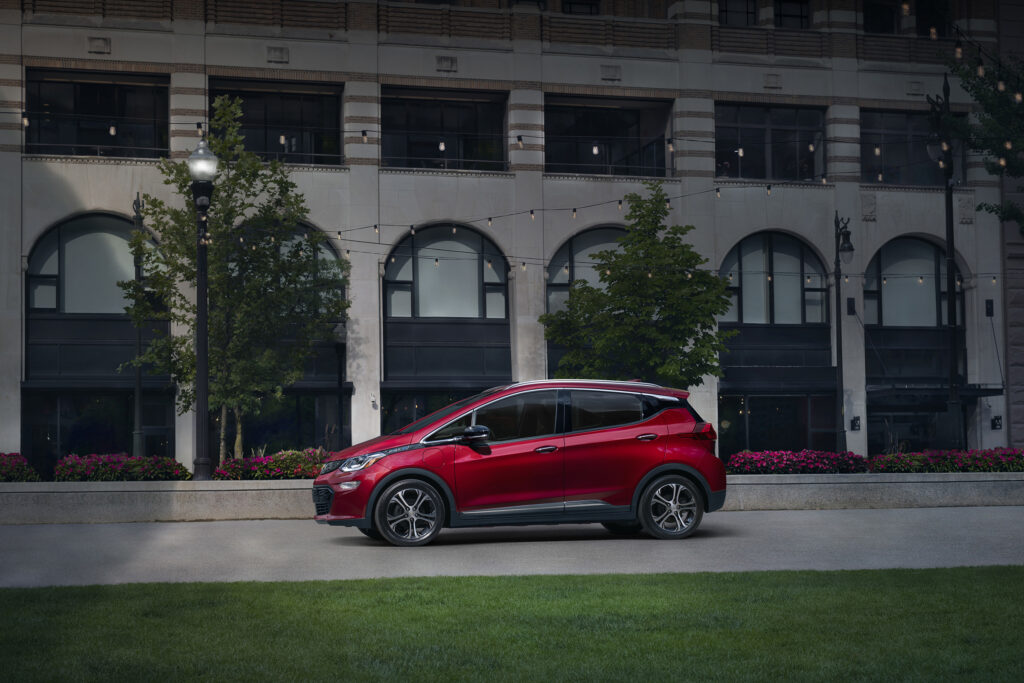
However, that strategy may not be cutting through. Automotive News quoted a Californian Bolt owner concerned about owning a fire-prone car in an area increasingly threatened by wildfires.
“I would like GM to take custody of the vehicle until it is safe to park it at my home,” she said. “How do I get rid of my car? I don’t want it with this risk, and I can’t sell it.”
GM had has issued several recalls for Bolt over the last 12 months that prescribed temporary software fixes for batteries made by LG at a factory in South Korea.
But as fires continued the recall was extended because batteries were found to be coming from other factories including in the US with defects identified as “a torn anode tab and folded separator”.
Investigations have established there is a risk of fire even when the Bolt is stopped, parked, and not plugged in to charge. GM has urged owners not to park their cars indoors, charge batteries beyond 90 percent or let range drop below about 110km.
About 10 Bolts have caught fire according to US media reports. US media claim up to 30 percent of Bolt owners are ignoring GM’s battery management instructions.
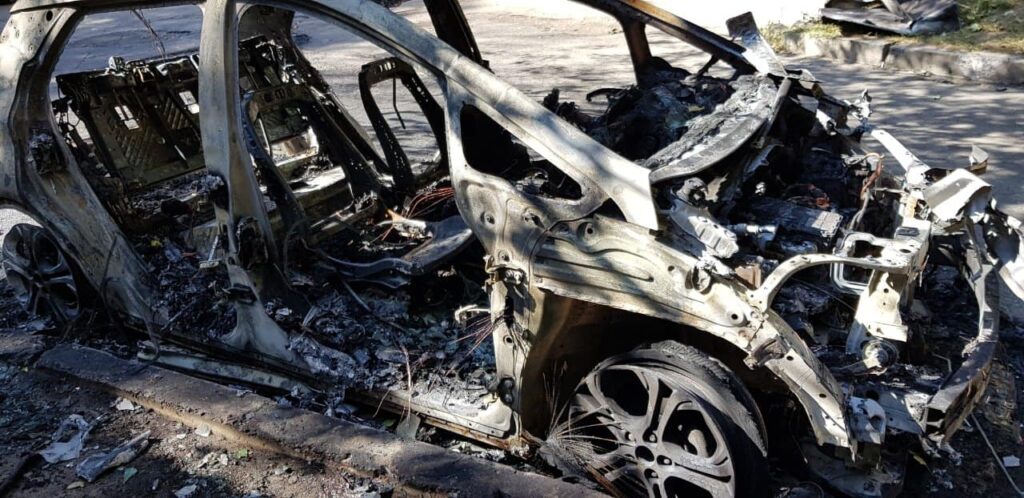
GM has also halted production of the current second-generation Bolt and Bolt EUVs until mid-September because of a shortage of battery packs caused by the recall.
GM has set itself the target of electrifying all its cars by 2035 and has committed US$27 billion ($37 billion) to that task and the aligned objective of autonomous driving.
Australian Travis Hester is in charge of GM’s EV roll-out plan, as we reported here.
Beyond the Lyriq, GM has also shown the GMC Hummer pick-up and SUV, the Buick Electra concept and an electric Brightdrop cargo van, confirmed and teased the Chevrolet Silverado electric pick-up, pointed to the Cadillac Celestiq flagshig and confirmed a GMC full-size pick-up is coming.
LG is not only supplying much of the battery tech for the roll-out, but has also committed to partner in at least two battery factories worth more than US$4.0 billion ($5.5 billion) with the potential for more to service expected GM demand.
The Bolt, by the way, is based on old LG battery technology, not Ultium, which is developed by GM and LG and manufactured by a joint-venture called Ultium LLC.
This is the second major battery fire controversy in recent months for LG. It also supplied the packs for the Hyundai Kona electric that was subject to a recall earlier this year involving more than 80,000 vehicles.
